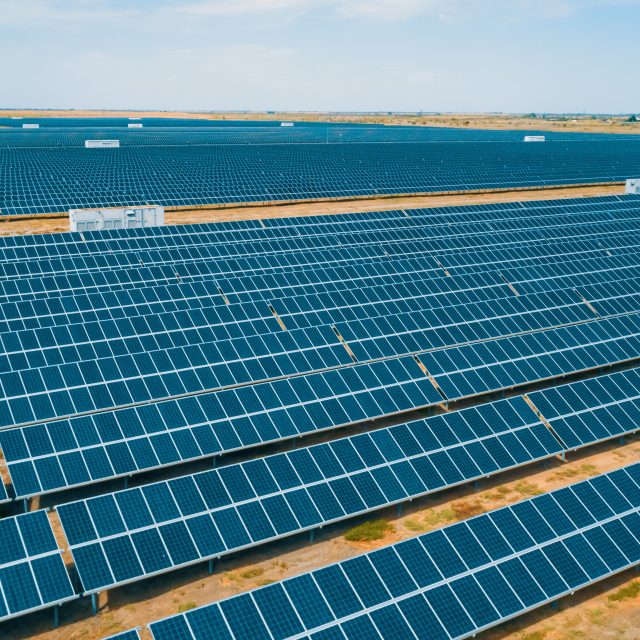Q&A with Amir Abdulla, Deputy Executive Director of the United Nations’ World Food Programme
FARMING MUST BE RECOGNISED AS ESSENTIAL AND DIGNIFIED
Director Alastair Cochrane interviews Amir Abdulla, Deputy Executive Director of the United Nations’ World Food Programme (WFP), which works to end global hunger and malnutrition and to improve nutrition and build resilience as first published in the Spring/Summer edition of Land Business.
The UN’s Sustainable Development Goal 2 (SDG2) seeks to end world hunger by 2030. How many people face hunger today?
Our best estimate is around 820 million, or one in every nine people in the world.
Will success come from more effective famine relief measures, or by developing better farming systems?
Both! We must address the immediate needs of those affected by conflict and climatic extremes. But longer-term interventions are also critical. Enhancing productivity through improved farming techniques enables smallholder farmers to better withstand drought and disease, and increases their resilience.
We are on the brink of a new technological agricultural revolution. What excites you most as the possible outcomes of this?
Blockchain, biometrics, satellite imagery, drones and surveys by mobile phone. We can use information and communications technology (ICT) to help the most vulnerable. Rural women regularly lack access to land, credit and technology, and also to healthcare, education and social protection. Thus, they are more likely to be poor and vulnerable to economic and climatic shocks. ICT can really boost economic opportunities for them.
What sort of innovations promise to make a major difference in fighting hunger? Mobile technology, new approaches to farming and nutrition, artificial intelligence: all can reinforce food systems, stretch funds further, deliver assistance better and shorten humanitarian response times.
Innovation is at the core of the WFP’s work. One of our current projects is hydroponics – a no-soil, water-efficient solution that allows people to grow food in harsh environments. In the Algerian desert, 150 units are producing fodder, boosting the milk and meat yield of goats and improving families’ food security.
Another, the Farm to Market Alliance, helps smallholder farmers access the credit and resources needed to harvest quality crops and, in turn, move to market-oriented agriculture.
Is the current level of meat consumption incompatible with ending world hunger, due to inefficient feed conversion and high methane emissions from livestock?
Increasing demand for meat, egg and dairy products has led to environmental problems that are a major threat for food security.
But different forms of livestock production have varying impacts, and supply‐demand interactions seem key to finding solutions. We should promote sustainable production methods along with healthy consumption habits, so those who eat meat can do so without harming the environment and their health.
SDG2 aims to double small-scale producer incomes and productivity. Why?
Smallholders produce most of the food in the developing world, but many lack the means to invest in productive and sustainable farming methods. However, there are several steps we can take to help them achieve this.
First, support female farmers. By providing them with the same access to productive resources as males, the higher yields could lift up to 150 million people out of hunger.
Next, improve resilience. The WFP’s Food Assistance for Assets offers smallholders food or cash in the short term while exposing them to better production methods; while our Rural Resilience Initiative helps them manage risk with insurance, savings and access to credit.
Lastly, leverage stable demand from major stakeholders to drive capacity development. With access to reliable buyers, smallholders invest in products that aid business growth.
Farming must be recognised as an essential and dignified part of human activity. Today, African farmers dream that their children will become lawyers or doctors. I hope that, in the near future, lawyers and doctors will wish that their children become farmers.
FIND OUT MORE AT WFP.ORG.
FIND OUT MORE HERE.






